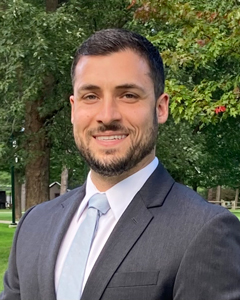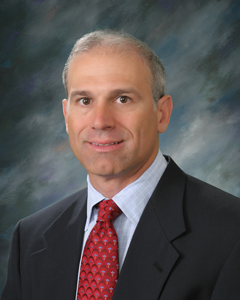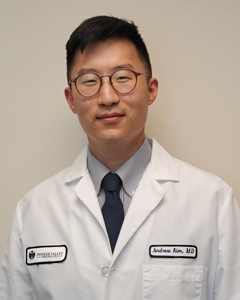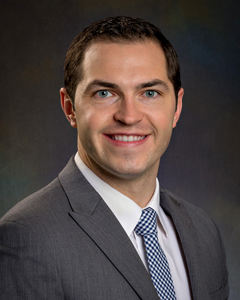Polycystic Kidney Disease
Polycystic kidney disease, also known as PKD, is a genetic disorder that involves the development of cysts within and around the kidneys. A cyst is a non cancerous, fluid-filled sac that can vary in size and sometimes grow extremely large. When these cysts form, the kidneys fill with fluid and may become enlarged, resulting in decreased kidney function and in extreme cases, kidney failure.
Types of Polycystic Kidney Disease
Polycystic kidney disease can be classified as the following:
Autosomal Dominant PKD
Autosomal dominant PKD is the most common genetic form of PKD. Symptoms normally develop in adults between the ages of 30 and 40.
Autosomal Recessive PKD
Autosomal recessive PKD is a rare genetic form of PKD. Symptoms usually begin very early in children, often developing in utero.
Symptoms of Polycystic Kidney Disease
Dominant PKD
Patients with dominant PKD may not experience any symptoms at all in the beginning stages. As the disease progresses, patients may experience the following:
- High blood pressure
- Back pain
- Urinary tract infections
- Headache
- Blood in the urine
- Diverticulitis
- Kidney stones
Because of the slow progression of the disease and the growth of the cysts, many people do not know that they have PKD for many years.
Recessive PKD
The symptoms of recessive PKD commonly begin at birth as the disease begins to develop in the womb. Symptoms may include:
- High blood pressure
- Frequent urination
- Varicose veins
- Hemorrhoids
- Slow or stunted physical development
Diagnosis of Polycystic Kidney Disease
Dominant PKD
To diagnose dominant PKD, doctors will perform a series of tests that may include:
- Ultrasound
- MRI
- CT scan
- Genetic testing
Recessive PKD
Recessive PKD is commonly diagnosed in the womb through fetal ultrasound.
Treatment of Polycystic Kidney Disease
Dominant PKD
Treatment for dominant PKD focuses on relieving the individual symptoms caused by the condition. High blood pressure is the most common condition of polycystic kidney disease and can be treated through diet, lifestyle modifications and medication. Additional treatment may include:
- Pain medication
- Antibiotics for infection
- Surgery to shrink cysts
- Dialysis
Serious complications such as kidney failure may require a kidney transplant to restore function to the kidney.
Recessive PKD
Treatment for recessive PKD may include:
- Antibiotics to treat urinary tract infections
- Medication for high blood pressure
- Nutrition supplements
- Growth hormone to help development
In cases where kidney function has greatly decreased, dialysis may be necessary. Extreme cases may require a kidney transplant.
While polycystic kidney disease cannot be cured, it can be effectively managed with treatment, healthy lifestyle changes and ongoing care from a doctor.










